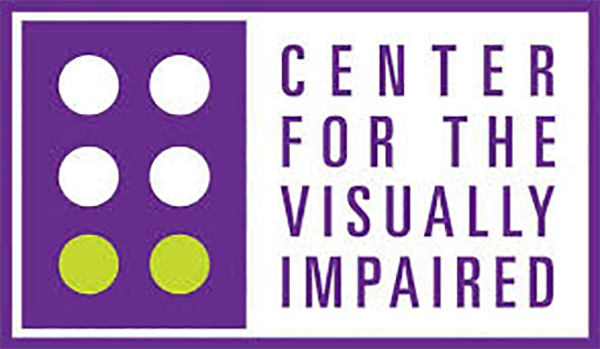Throughout this past year COVID-19 presented a lot of challenges for people. One challenge for many was having to postpone medical-related plans. For families that have a young child who is blind or visually impaired that meant a delay in learning what their child needed to reach developmental milestones.
The Center for the Visually Impaired (CVI) wanted to be sure that didn’t happen so we created a virtual option to serve those families who could not make it to our Midtown Atlanta location. CVI offers early intervention through the Children & Youth Services program BEGIN providing functional vision assessments, specialized classes, training, information and support to children and their families to help children who are blind or visually impaired reach their full potential.
A functional vision assessment typically takes place in person over three sessions and usually includes an interview with the caregiver, observation of skills, and a direct assessment of skills. The assessment teaches us what environmental conditions the child learns best in and what types of material adaptions will be most important for their learning.
“One of the biggest obstacles that we encounter is that children with certain visual impairments show little to no visual reactions without the use of specific tools,” says Emily, BEGIN Teacher of the Visually Impaired (TVI). “Parents often tell me their child doesn’t have a preferred toy or doesn’t look at anything and it’s my job to figure out what tools I can provide to families to engage the child enough to evoke a reaction.”
During a virtual vision assessment, the TVI can only complete two areas of a vision assessment: caregiver interview and observation of skills. While that is somewhat limiting, the family becomes much more hands on. We found that with a bit of planning the parents can be guided to perform the hands-on portion of the assessment. Instead of observing the TVI’s assessment with their child, the family member is completing activities that help show their child’s strengths and where they may need extra support. This allows the family to truly become an expert on how to provide the best learning materials and environment for their child.
“I was so glad to have the option of a virtual vision assessment for our son,” said T. Hill. “With two other children and one doing virtual school, it was much easier to fit this in to our already packed schedule. At first we thought he couldn’t see at all, but now we know his brain just needs to be stimulated and with Emily’s help, I know what to do for him.”
Virtual functional vision assessments are different from virtual lessons in that they are a baseline for the child’s current level of functioning. With regularly attended lessons and follow-through at home, it is our hope that students will increasingly acquire their developmental skills at a faster rate than if they were not to receive our services.
Through this new virtual option, CVI is able to serve a larger number of families who otherwise may not have access to the vision services their child needs. To learn more about CVI’s early intervention services visit cviga.org or call 404-875-9011.

